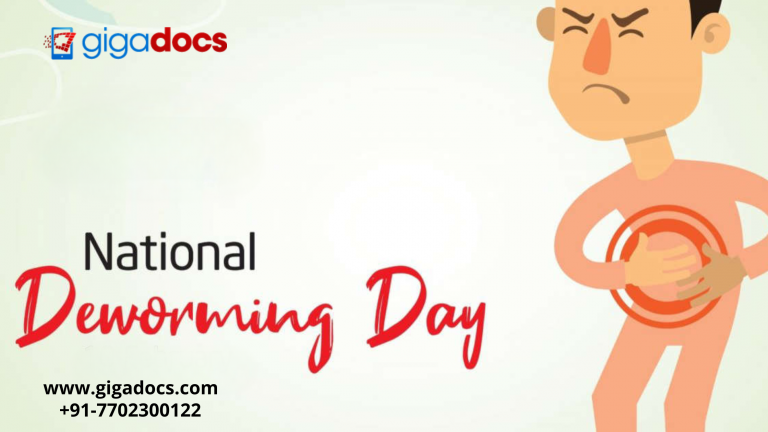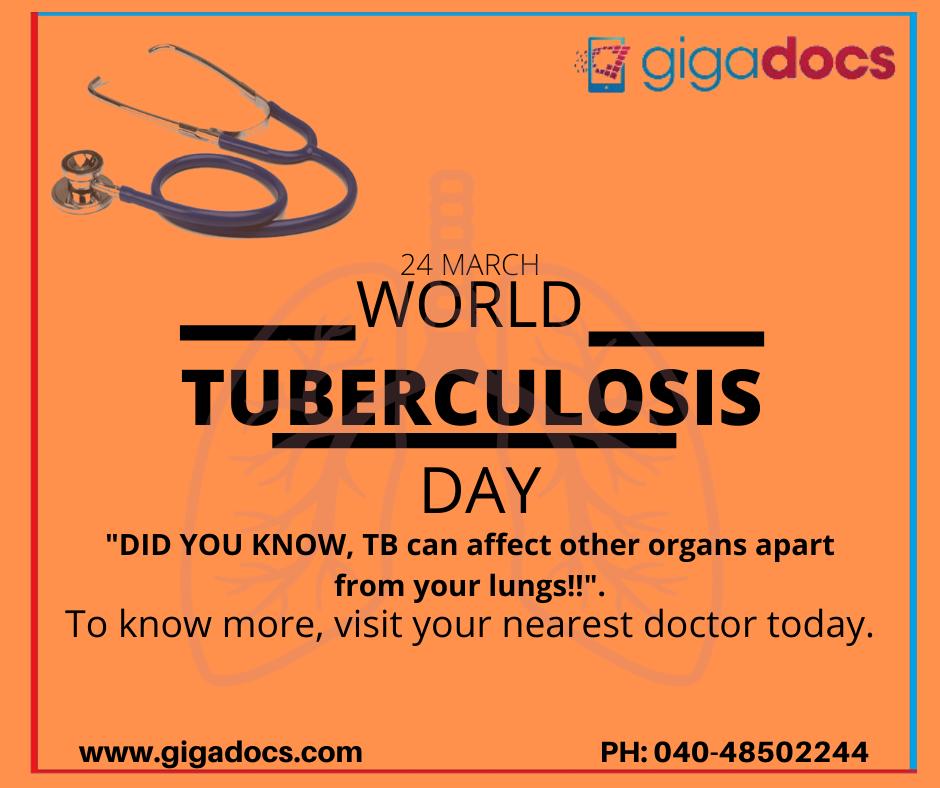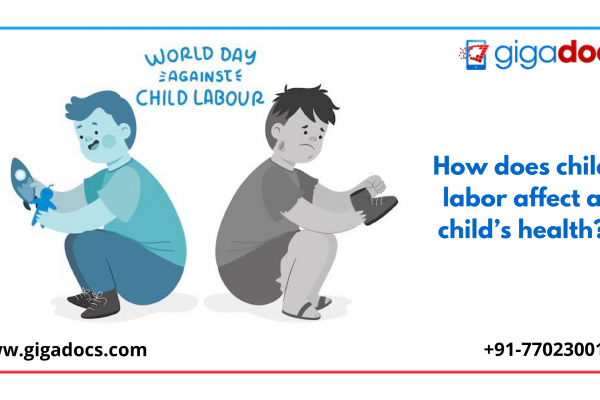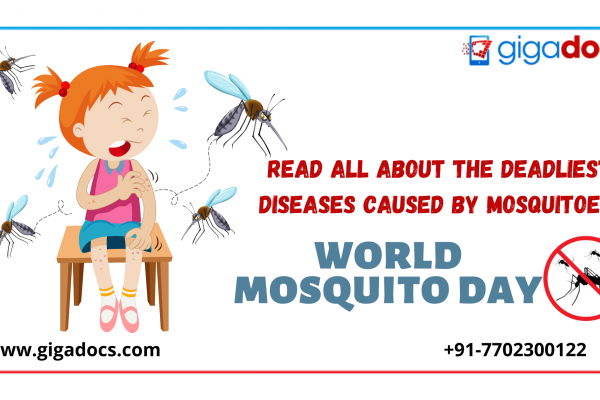Over one-third of the world’s population is infected by worms, with children experiencing the most severe infections. Long-lasting and chronic stomach infections can severely impact a child’s development in all areas, including health, nutrition, cognitive growth, learning, educational access, and performance. On this National Deworming Day, let’s learn more about the importance of deworming for kids and how it affects their entire development.
Deworming for Children
Babies begin to explore the environment with their mouth as an important sensory organ as they age. Between 18 and 24 months, it is typical for kids to start putting everything in their mouths. This aids in their sensory-motor growth and enables them to understand more about an object’s characteristics, such as size, hardness or softness, and shape.
For the little ones, the mouth serves as a second set of eyes, providing the brain with additional information about the things in the outside world. Usually, this behavior starts to decline at eighteen months; however, it can still exist at two years old. This explains why deworming is so important at this age and is crucial for maintaining the little ones’ health.
Why is deworming necessary for young children?
Did you know?
school-age children often experience the most lethal worm infections of all age groups?
The most common question lies, “Why should deworming be done, particularly at schools?” The response stems from the fact that routine deworming helps school-age children’s health and nutrition, which in turn results in-
- A rise in enrollment and attendance
- Less repetition of classes
- A rise in educational achievement.
How can you tell if your child’s stomach has worms?
Is your kid being fussy, not eating enough, and whining about having a stomach ache? It might involve a worm infection. Everyone, young or old, can contract worm infections. Deworming helps in removing harmful worms, but what is Deworming?
The deworming procedure and medication remove intestinal parasites and other bacteria. Worm infections can unfortunately still happen even with the best hygiene practices, especially among small kids. This explains why parents must be aware of how to rid their children of stomach worms.
Why is Deworming Important?
Roundworms, pinworms, hookworms, and tapeworms can all grow in the intestines. These stomach worms in children can grow and multiply in the intestinal walls, leading to medical issues. If found early, these intestinal worms can be effectively treated.
How do diseases infect your child?
Infections can spread in various ways, such as:
1. Exposure to contaminated soil
- This is the most typical route for kids to contract worms like whipworms, tapeworms, hookworms, and roundworms.
- When an infected child uses the ground as their restroom, they leave behind worm eggs, which later develop into larvae (immature worms). Larvae then reach adulthood. Because these larvae can pierce the epidermis of the feet, children who are barefoot or crawl on contaminated soil may become infected with hookworm.
- When someone puts their dirty hands in their mouth after getting dirt on them or beneath their nails, additional worms enter the body.
2. Worms reproduce in contaminated water sources.
- Several worm species reproduce in bodies of water. They can be found in ponds, lakes, and even swimming pools. Playing, bathing, and swimming in these places, drinking contaminated water can result in worm infections.
Can a baby’s health be impacted by an intestinal worm infection?
Certain worm infections may initially cause more inconvenience than the disease. Yet, they can worsen if neglected since the worms can cause intestinal hemorrhage. Malnutrition, being underweight, and consequences, including anemia, can follow.
Worms can result in bowel obstructions, urinary tract infections, and stomach infections-
- Infected children have weakened immune systems, making them more susceptible to sickness. If tapeworm infections cause brain cysts to develop, they may be very dangerous.
- Long-term effects of the worm infection can hinder an infected child’s physical and mental growth and ability to think clearly, especially if it causes anemia and malnutrition. Fortunately, prompt intervention can avoid the ill-effects.
Gigadocs suggests deworming twice a year or every six months among children beginning at age two.
Symptoms of Worms
- Itching or irritation in the buttocks
- Stomach ache, nausea or vomiting
- Bloating or diarrhea
- A sudden decrease in weight
- Diminished appetite
- Weakness and weariness
- Bad stools
- Constant urination
- Anemia
- A scorching sensation during urination
Keeping Your Child Free of Worm Infections
Your baby will be more susceptible to contracting worms once they begin to walk. See the pediatrician regularly and follow the deworming instructions. You can take the following steps to protect your child from contracting worms:
- Regularly change your baby’s diapers, and then thoroughly wash your hands.
- Use a decent disinfectant and keep your house and its environment clean.
- Get your youngster some well-fitting shoes as soon as they can walk. When they play outside, make sure they have closed-toe shoes. When they arrive home, wash their hands and feet.
- With clean water, properly wash every product. While washing leafy greens, use extra caution since they can hold dirt and grit.
- Before cooking, make sure the meat and fish are fresh. Fish and meat must be properly cooked until all raw parts are gone.
- Keep your youngster away from muddy play areas, soggy sand pits and soil, and places where people or animals have left waste. When there is water logging during the monsoon, take extra precautions.
- Teach your child always to use a clean toilet and to always wash their hands after using the restroom.
- Maintain the nails on your youngster neat and short. Long fingernails can catch worm eggs, spreading throughout the house. Encourage them to avoid thumb and nail chewing.
- Constantly hydrate with pure water. Your drinking water can be sterilized or filtered.
- Discuss hand hygiene with your family and home staff. Before handling food, consuming meals, or holding your baby, they should wash their hands with soap and water. Also, they should properly wash their hands after using the restroom or diaper-changing their child.
- Regularly deworm your pets. In addition, make sure pet waste is disposed of promptly and correctly.
After the effects of Deworming
The deworming process virtually never has any unfavorable side effects. But, if your child has a serious infection, they can briefly experience nausea, headaches, dizziness, and vomiting. If your child’s deworming symptoms intensify or do not go away within 24 hours, Gigadocs encourages you to see a doctor.
How are worm infections detected in young children?
The easiest approach to determine if your infant has worms is to have them examined by a physician. To determine whether your child has a worm infection, your doctor may do one of the following tests:
- Examining beneath the fingernails- Your doctor might look under your child’s fingernails for worm eggs.
- Cotton bud swab test- The doctor or nurse may use a cotton bud swab to examine your baby’s bottom for worm eggs.
- Ultrasound test- An ultrasound test usually works when there is a serious worm infestation. Your doctor will locate the worms precisely using ultrasound.
- Examining your baby’s stool- The doctor will want a sample of your baby’s feces. The sample is given to a lab for worm or egg detection.
- The sticky tape test- The sticky tape test involves wrapping a piece of tape around your baby’s bottom to catch any potential worm eggs as part of a threadworm examination. The tape is then tested in a lab.
Treating Worm Infections with Gigadocs
Worm infestations are very contagious, and reinfection is frequent. The doctor may suggest that your entire family receive treatment if your child is confirmed to have worms, even if none of you do, just to be safe.
Oral medications can effectively treat almost all worm infections. Depending on the sort of worm infection your kid has, a doctor will prescribe medicines for deworming. If your child has anemia, they can also require iron supplements. Deworming can raise your child’s nutritional intake, lower illness risk, and strengthen immunity. Deworming can begin as early as one year; in most cases, there won’t be any negative effects. Worms can substantially hinder your child’s cognitive development; schedule an appointment with a pediatrician using the Gigadocs app to learn more –
- IOS App – apple.co/2W2iG4V
- Android App – bit.ly/33AQoRC




